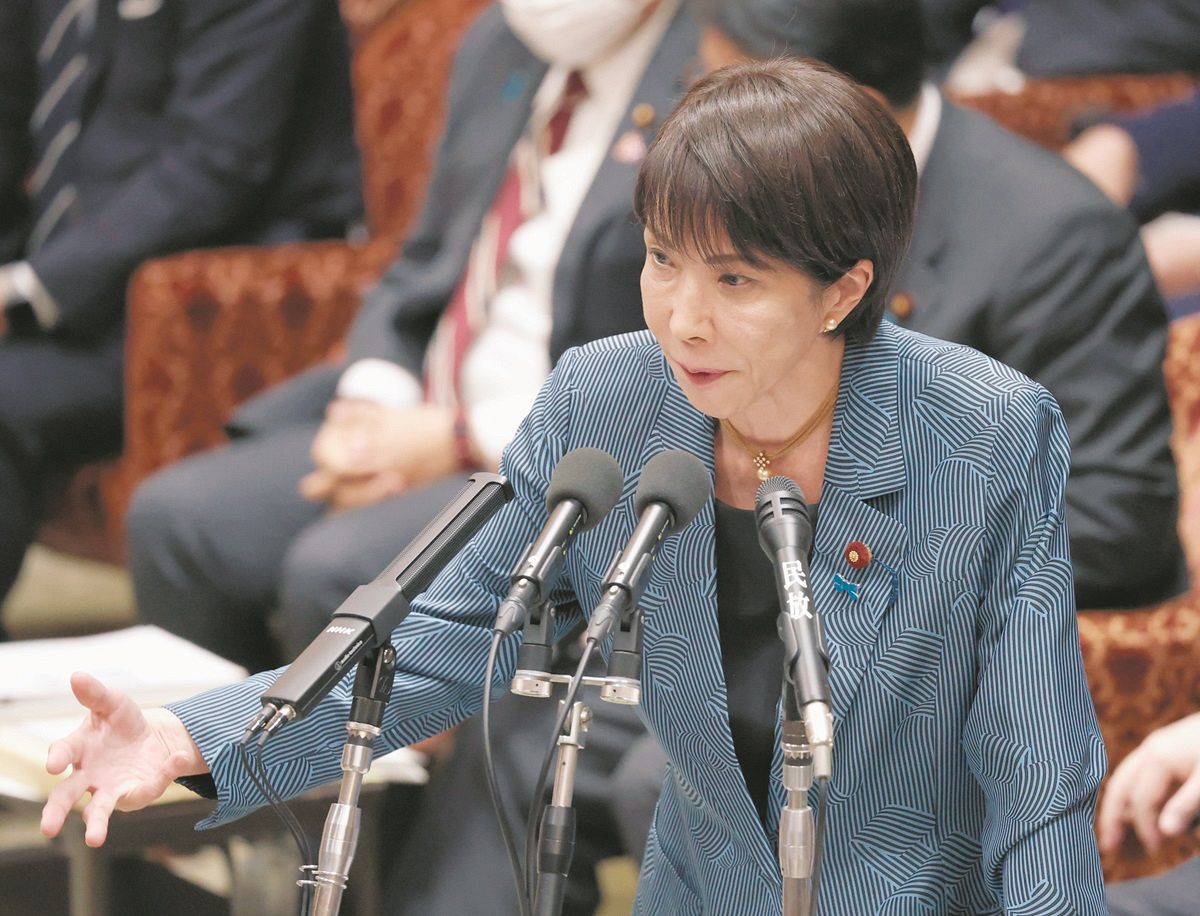The Prime Minister of Japan recently raised eyebrows by not reiterating Japan's commitment to the "Three Non-Nuclear Principles". These principles, first articulated in 1967, dictate that Japan shall neither possess nor manufacture nuclear weapons, and shall not permit their introduction into Japanese territory. The lack of affirmation has led to a surge of speculation and debate about Japan's nuclear policy direction and potential shifts.
In Japan, the Three Non-Nuclear Principles have long provided the foundation for the nation's stance on nuclear weapons, reflecting the deep-rooted sentiments of a country that has experienced nuclear devastation. Any potential shift in this policy is taken seriously by the Japanese society, provoking debates of national security, morality, and constitutional interpretations.
Unlike Japan, neither the US nor the EU have a comparable non-nuclear policy. Both regions possess nuclear powers, and their debate normally centers around disarmament and non-proliferation. Japan's unique historical experience and constitutional limitations make its policy discussions distinct.

